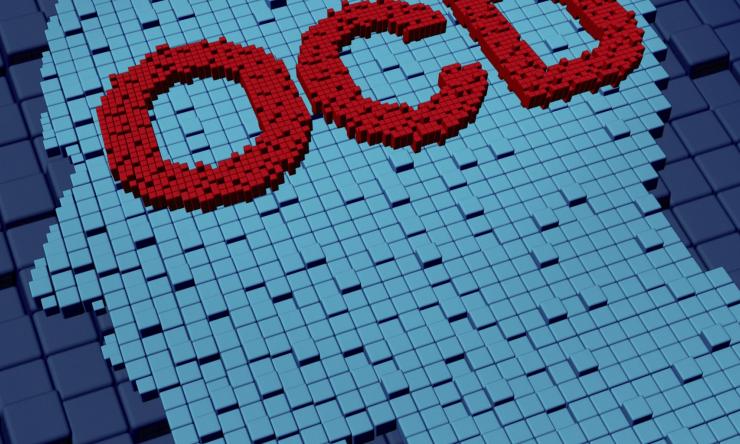The OCD Program at Baylor Medicine combines expert clinical care with cutting-edge research. Our multidisciplinary team of psychologists, psychiatrists, and neurosurgeons works together to advance the treatment of individuals with OCD and related disorders, including trichotillomania, excoriation disorder, and body dysmorphic disorder.
Who do we treat?
We specialize in providing outpatient treatment for those with obsessive-compulsive disorder (OCD) and related disorders.
Individuals with OCD may experience symptoms such as:
- Obsessions, or intrusive, unwanted thoughts that cause anxiety and/or discomfort. Common themes of obsessions include:
- Germs and contamination
- Violence or causing harm to self or others
- Sex
- Relationships
- Numbers
- Religion and/or morality
- A need for things to be even, symmetrical, or “just right”
- Perfectionism
- Magical thinking
- Compulsions, or repetitive behaviors aimed at reducing discomfort related to intrusive thoughts. Compulsions may feel automatic or out of control as if the individual cannot resist performing them. Common compulsions include:
- Counting
- Checking
- Washing
- Repeating tasks until they feel “just right”
- Organizing or evening things out
- Reassurance-seeking
- Rumination or excessive engagement in mental rituals
- Avoidance of any triggers associated with the feared intrusive thoughts
OCD may be chronic or may occur in conjunction with a major life event, such as pregnancy and the postpartum period.
Disorders related to OCD
Disorders related to OCD include:
- Hoarding disorder
- Pediatric autoimmune neuropsychiatric disorder associated with streptococcal infection (PANDAS)
- Trichotillomania
- Body dysmorphic disorder (BDD)
- Skin-picking disorder (excoriation disorder)
- Olfactory reference syndrome (ORS)
What treatment options are available?
We offer the following treatment options:
- Cognitive behavioral therapy (CBT) with exposure and response prevention (ERP)
- ERP may be supplemented with other evidence-based interventions, such as Dialectical Behavior Therapy (DBT) and Acceptance and Commitment Therapy (ACT)
- Medication
- Deep brain stimulation (DBS)
Contact Us
Please contact us at 713-798-3080 or OCDProgram@bcm.edu if you have any questions or to set up an appointment.
Diversity & Inclusion Statement
The OCD Program at Baylor Medicine embraces diversity and inclusion and recognizes our responsibility to foster an open, welcoming environment where patients, trainees, faculty, and staff of all backgrounds and identities can be their authentic selves. We value the benefits that arise from diverse experiences and are committed to providing programs that support patients of all backgrounds and levels of identity formation in exploring and connecting with their identities. We also strive to acknowledge the complexity of intersecting identities by respecting the uniqueness of each individual.
Struggling with OCD In a global pandemic
Many who are diagnosed with obsessive-compulsive disorder (OCD) live in fear of being contaminated by germs and for their overall health on a regular basis, which can be heightened during a global pandemic.
Fact vs. fiction: Understanding OCD and related conditions
What is obsessive-compulsive disorder and how does it differ from related psychological conditions? Dr. Eric Storch explains
More than appearance concerns: What is body dysmorphic disorder?
Sophie Schneider, Ph.D., a postdoctoral researcher with the Department of Psychiatry and Behavioral Sciences at Baylor College of Medicine, gives insight into the disorder.
5 Ways Obsessive Compulsive Disorder Can Have Deadly Consequences
OCD is defined by repetitive thoughts and actions that either cannot be controlled or can only be controlled for a short period of time.











